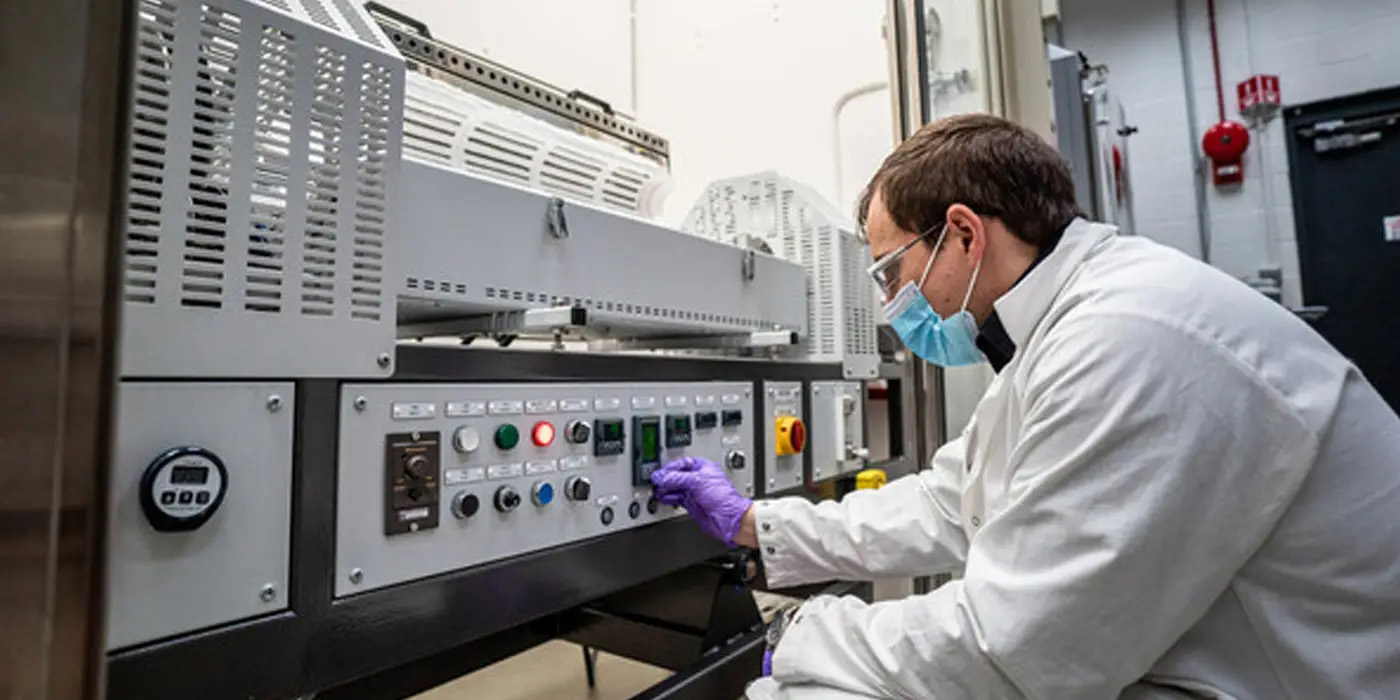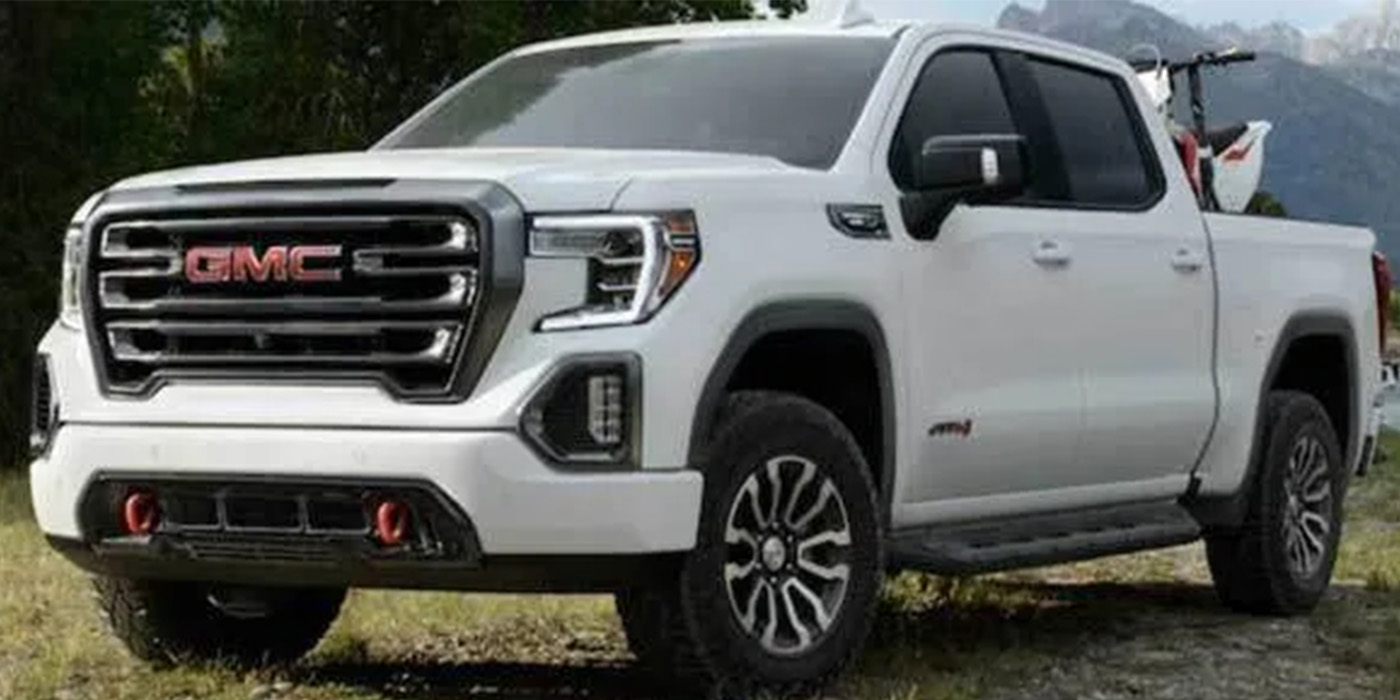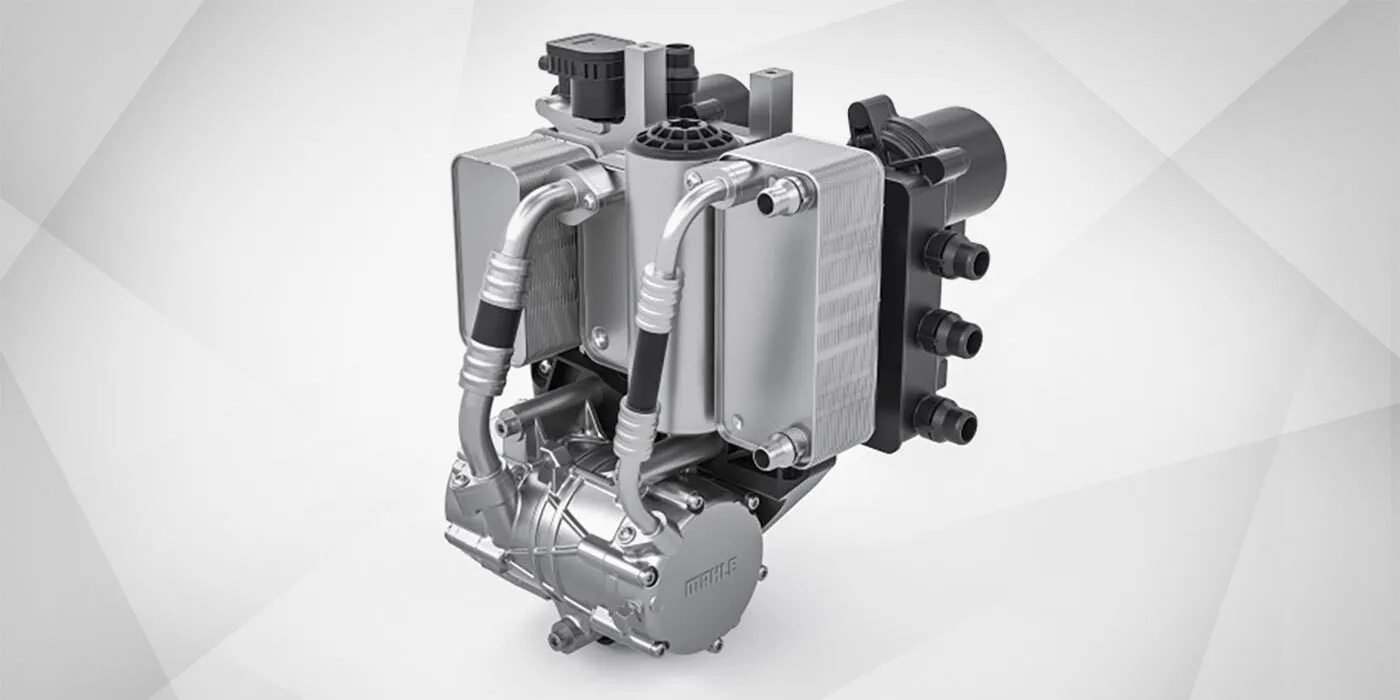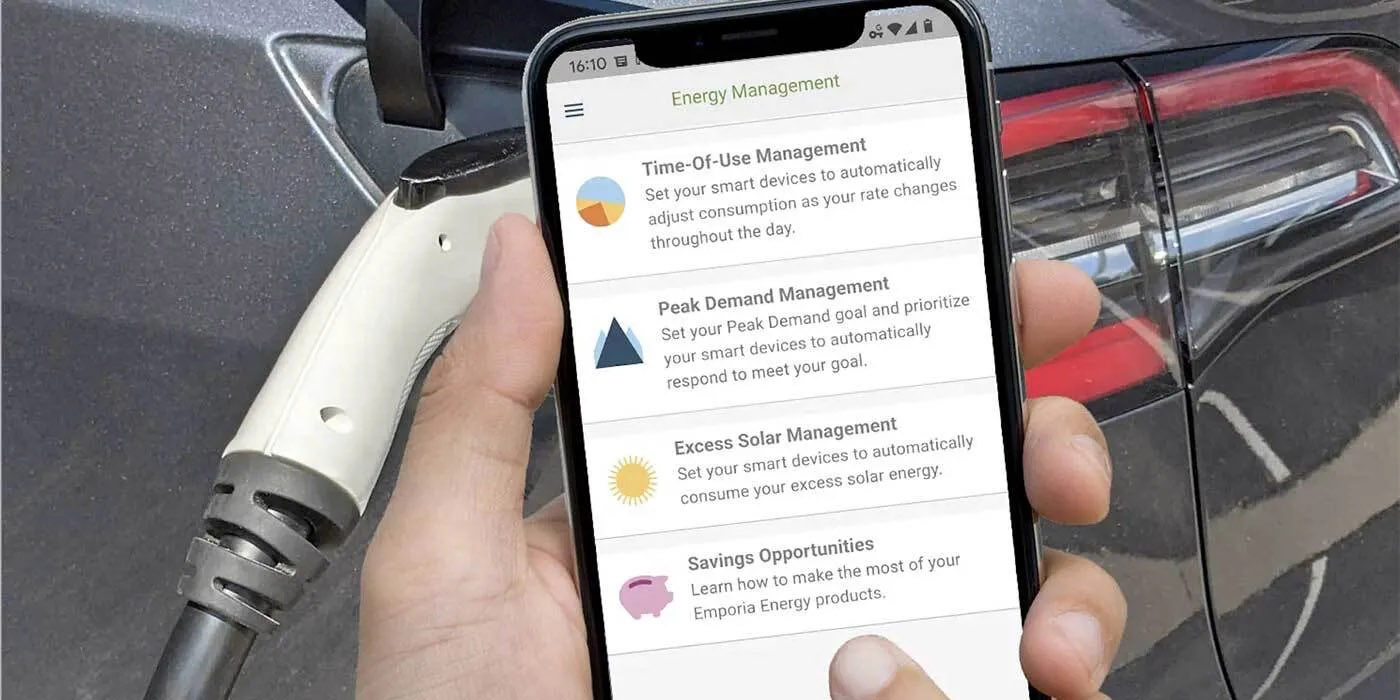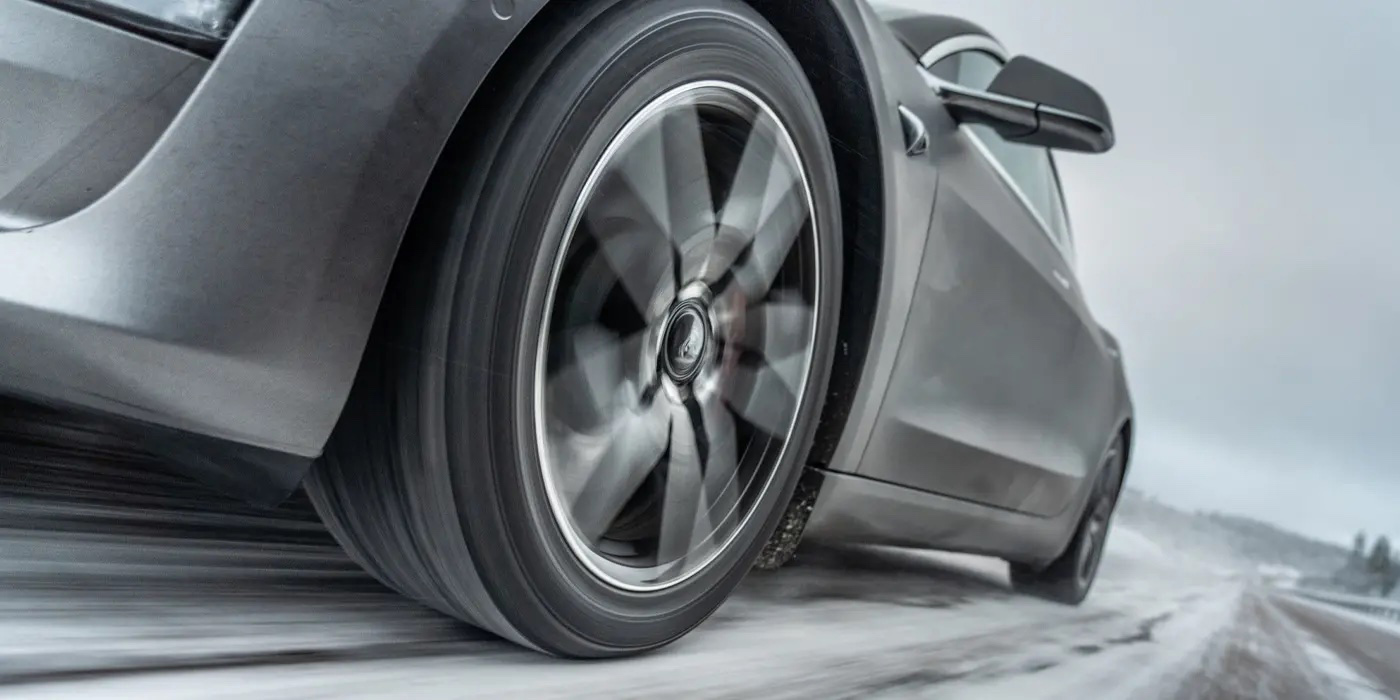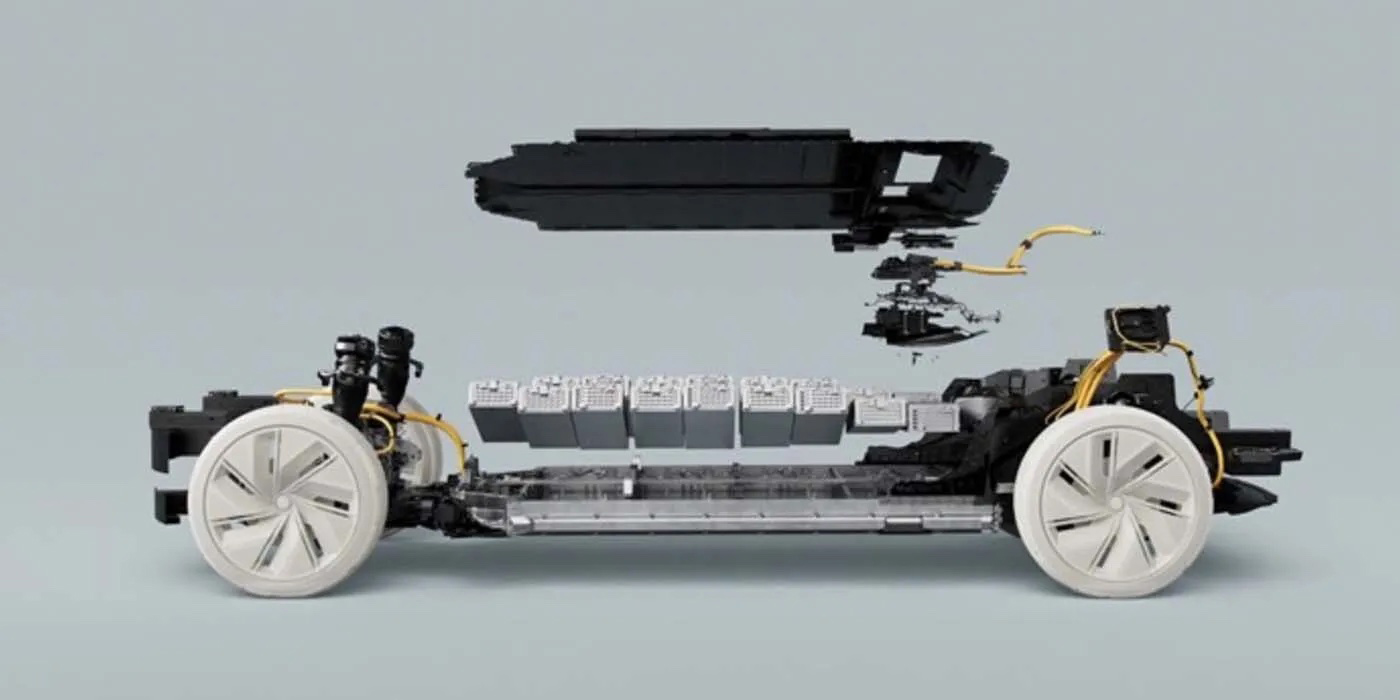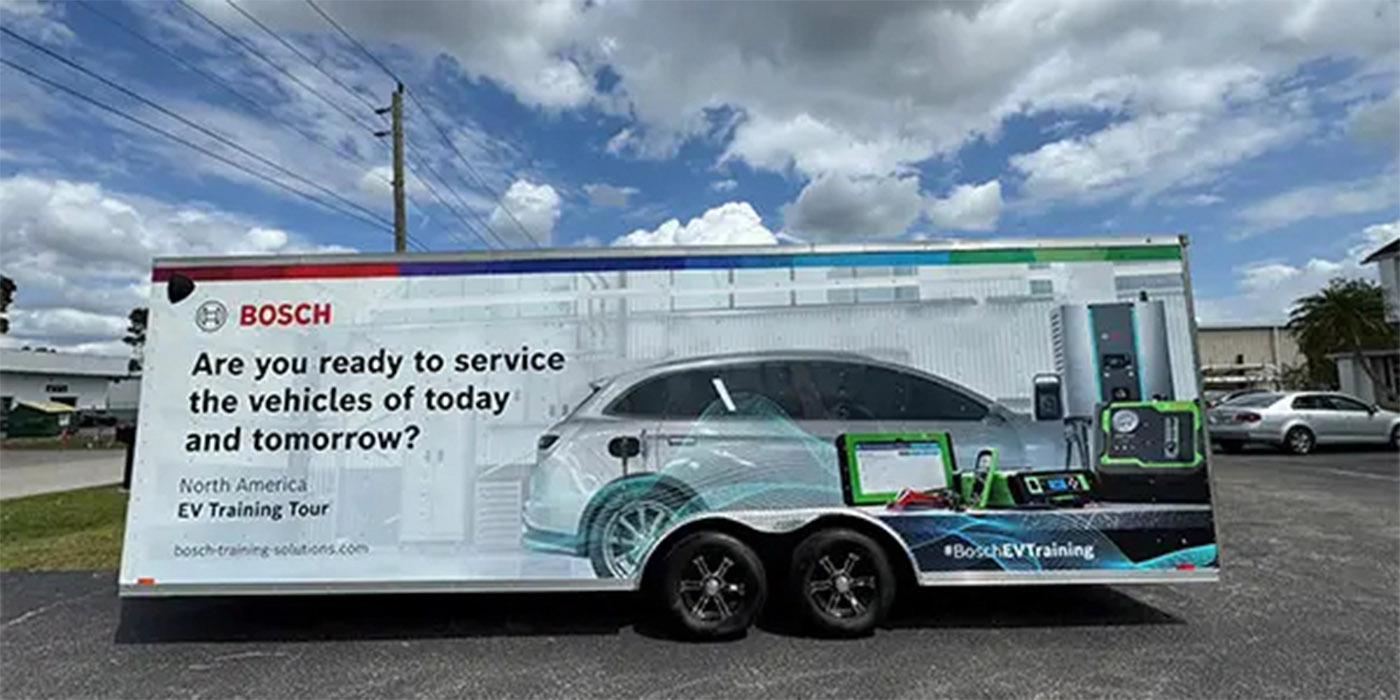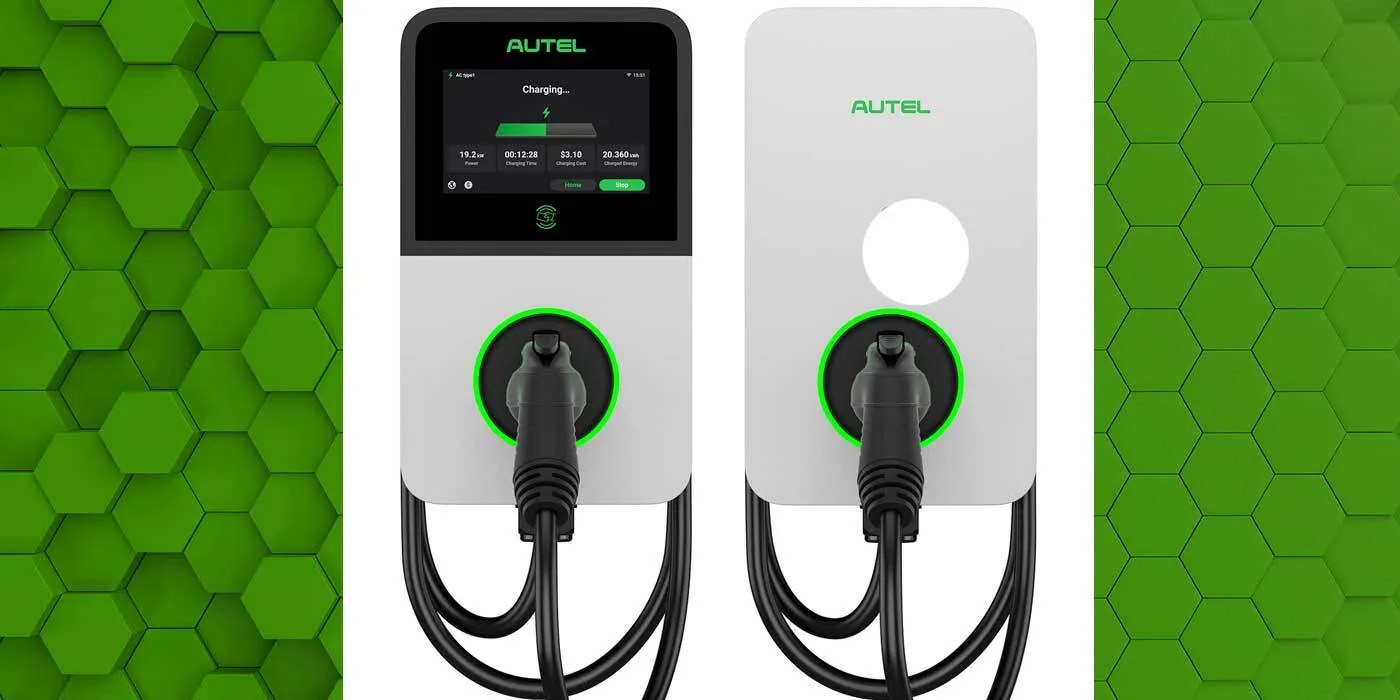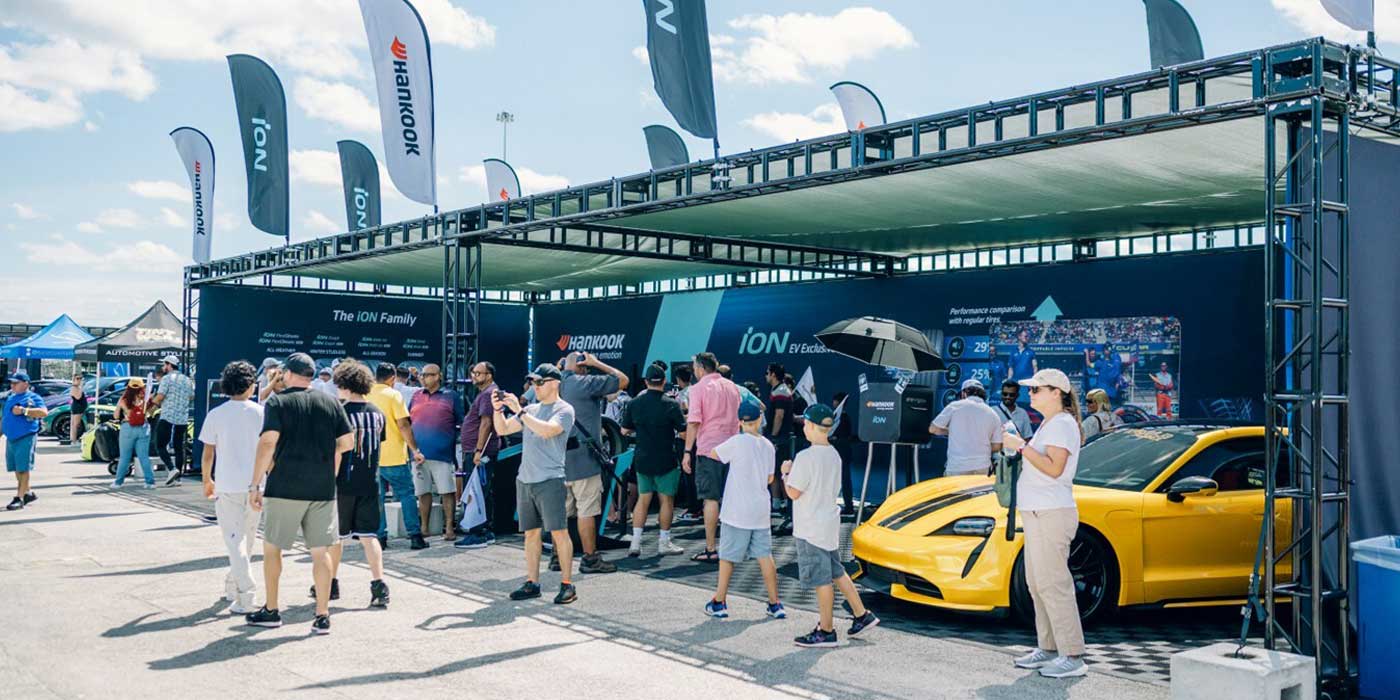Mullen Automotive recently announced that its first production vehicle, the Mullen THREE – a Class 3 EV truck – has rolled off the line at Mullen’s commercial-vehicle assembly facility in Tunica, Mississippi.
“We have been true to our commercial Class 3 vehicle production commitments and have now achieved a significant milestone with the first trucks rolling off the line,” said David Michery, CEO and chairman of Mullen Automotive Inc.
Mullen said it will gradually ramp up its production rate through the remainder of the calendar year.
Once full acceleration has been achieved, Class 3 production capacity at the Tunica facility is currently planned at 3,000 vehicles annually per shift, according to the company. As electric-vehicle adoption rates increase, Mullen plans to add a second shift for Class 3 production, which will increase capacity to 6,000 total vehicles per year.
During the ramp up in volume of the Mullen THREE, the production testing and launch of the Mullen ONE Class 1 EV cargo van also will take place in Tunica, achieving deliveries on customer orders for both commercial Class 1 and Class 3 vehicles by year end, Mullen noted.
To date, the company has received $79 million in purchase orders for the Mullen THREE Class 3 EV trucks from Randy Marion Automotive Group and MGT Lease Company, according to Mullen.
Mullen’s Tunica commercial manufacturing center includes over 120,000 square feet and is situated on over 100 acres. The facility is focused on production of Class 1 and Class 3 commercial EV vehicles and is in close proximity to all major rail lines, interstates, Mississippi river systems and air logistics, placing it in a primary logistical center of North America.
The Mullen THREE, with an MSRP starting at $68,500, qualifies for $7,500 in federal tax incentives, according to the company.
A video of the milestone event can be found at www.MullenUSA.com.


